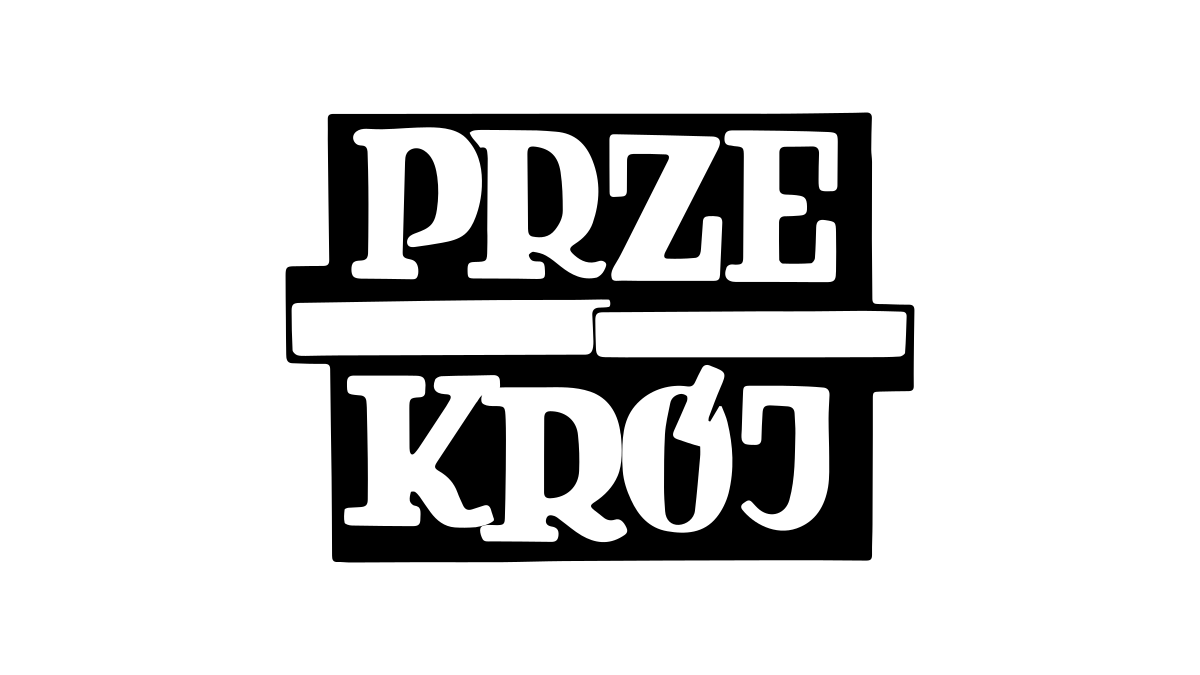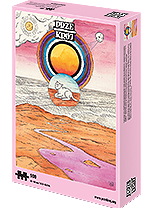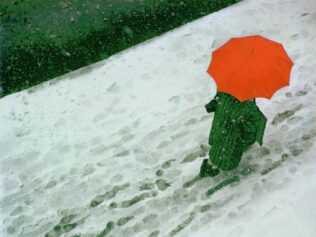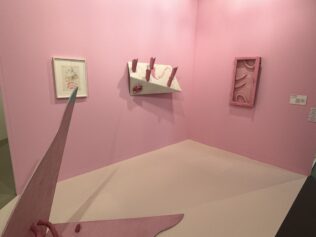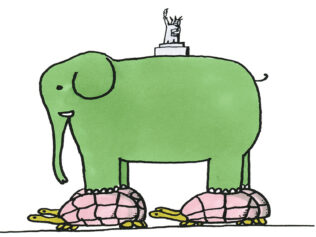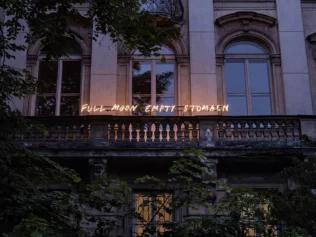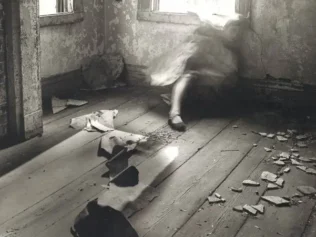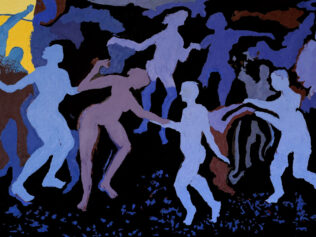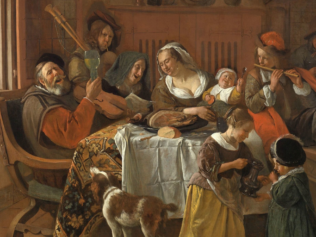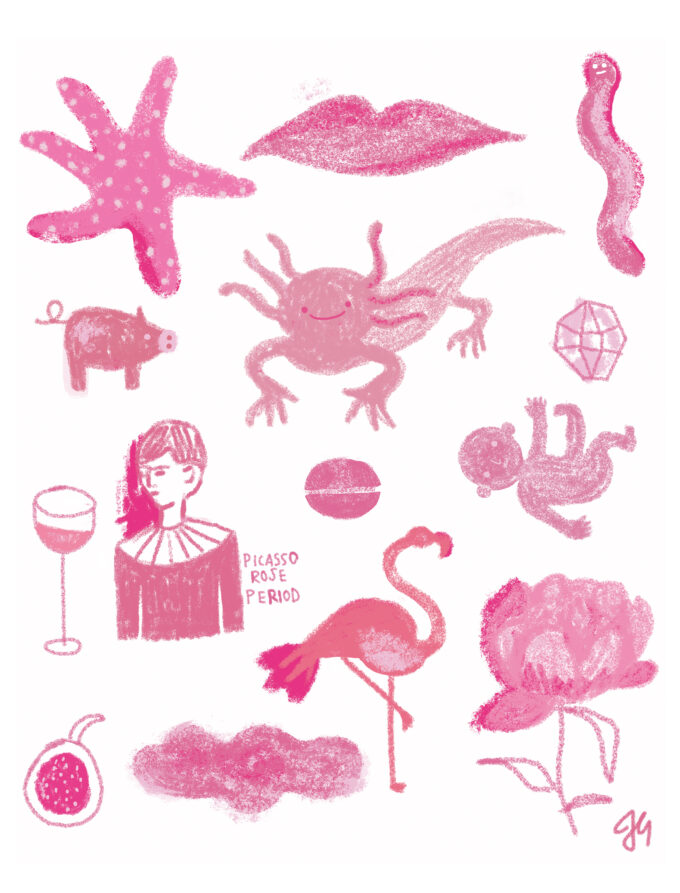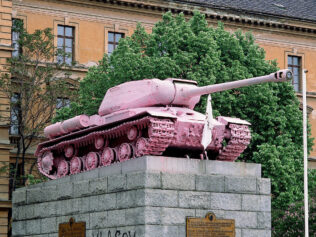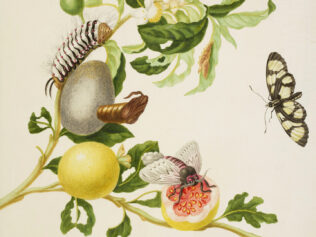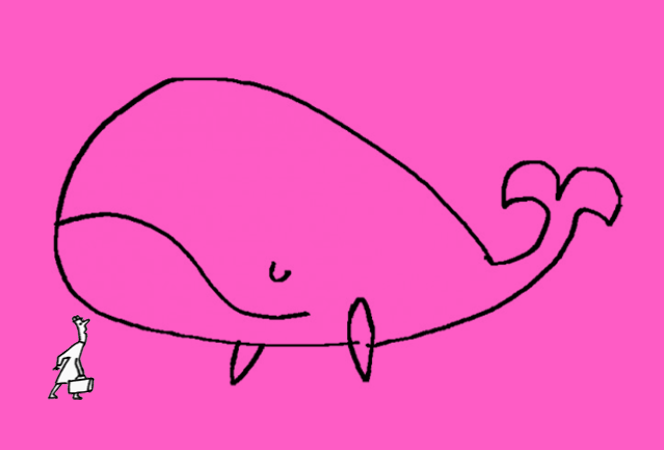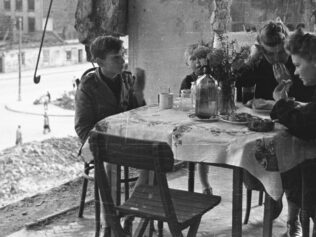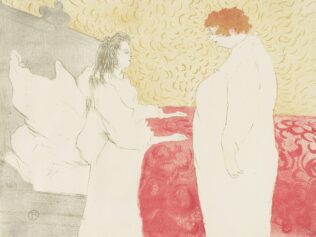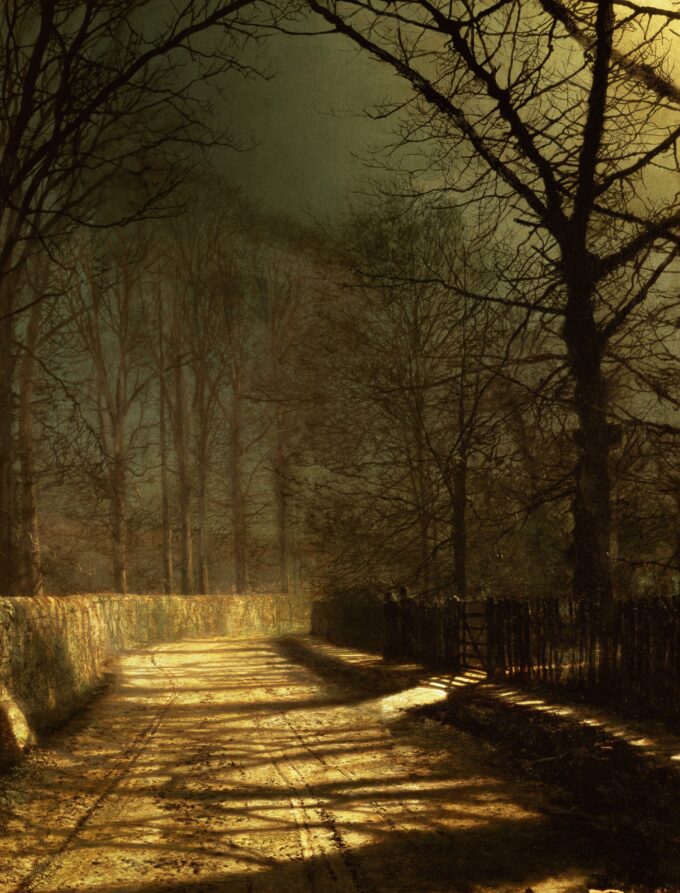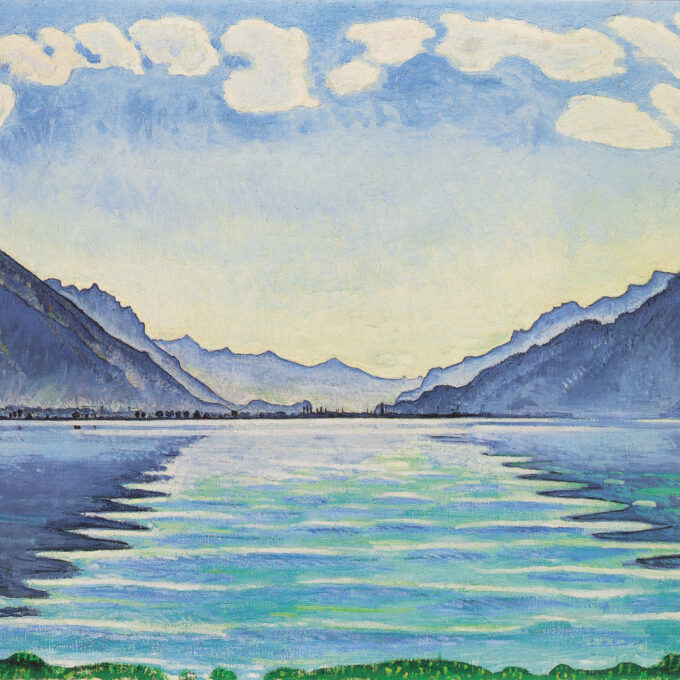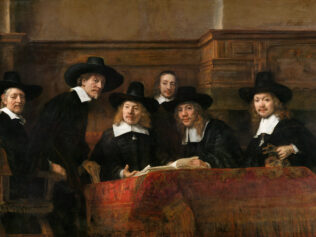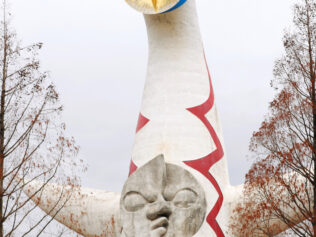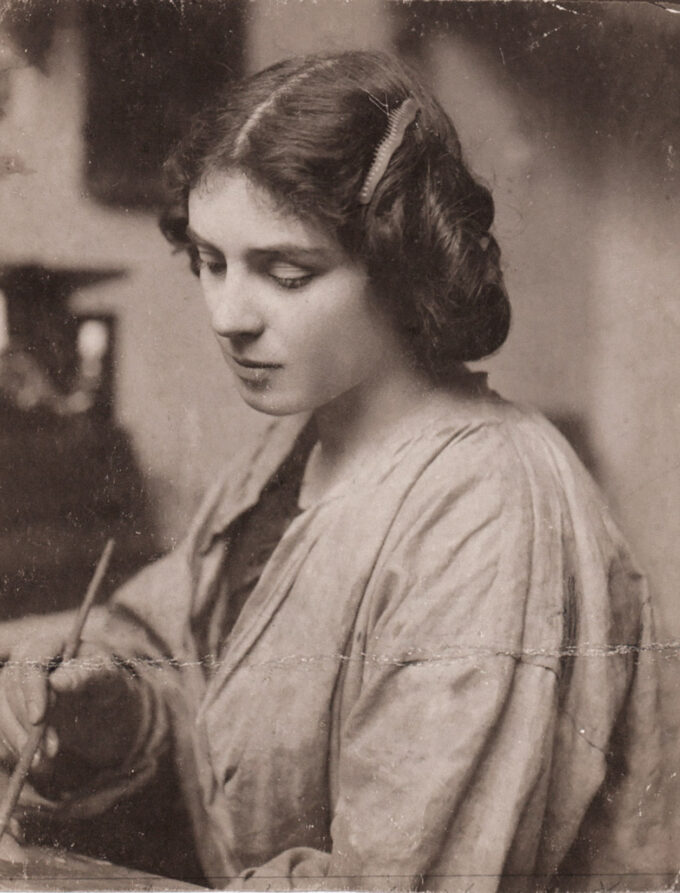Experiences
More
Poetry
he handed me a revised version
of my love poem
asking with surprise
what the word katyush was doing
in a love poem
I responded with surprise
that I didn’t understand
the question
Continue reading
of my love poem
asking with surprise
what the word katyush was doing
in a love poem
I responded with surprise
that I didn’t understand
the question
On the far side of the lake, the shattered pane of an ice floe,
closer in waves like soft streaks, one by one
docking near the shore,
then setting out from shore.
Later I watched as a heron skimmed over that icy pane,
doubled, mirrored,
both real and reflected,
reflected and real:
that day I did nothing,
yet I did everything necessary.
Continue reading
closer in waves like soft streaks, one by one
docking near the shore,
then setting out from shore.
Later I watched as a heron skimmed over that icy pane,
doubled, mirrored,
both real and reflected,
reflected and real:
that day I did nothing,
yet I did everything necessary.
